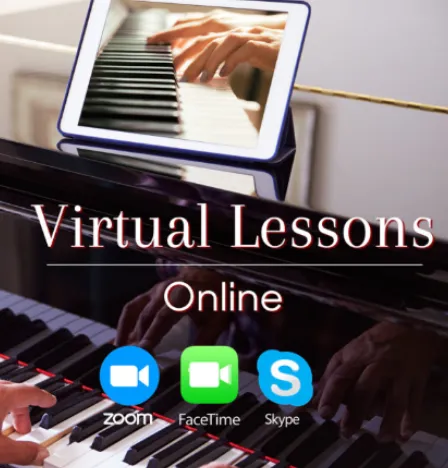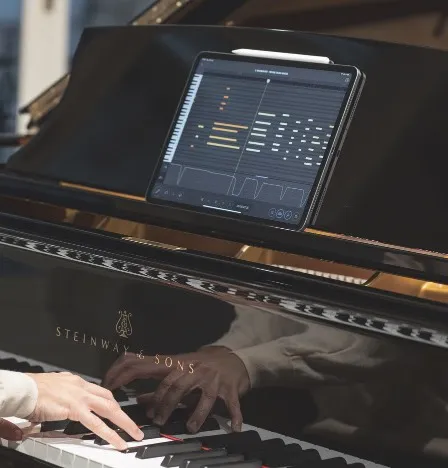Playing the piano is for everyone, no matter how old you are now. With patience and perseverance, you can achieve a lot, and soon you will be able to play your favorite songs on the piano by yourself. Unlike most sports or activities where physical abilities play an important role, this is not the case with the piano and there is no real "peak age. Thus, playing the piano can be learned at all ages. If you really have the itch, don't wait any longer to realize your dream!
Playing the piano also offers many benefits. Not only is it very relaxing, but studies have also shown that playing music reduces stress and improves memory. It adds richness to your life and is an outlet in which you can express all your emotions and creativity. Piano activates fine motor skills and muscles in your fingers, hands, forearms and even shoulders. Ideal to combat arthritis and improve the mobility of your hands and fingers. By playing an instrument in a group, you also get to know new people, make new friendships and change the way you do your social activities.
Am I too old to learn to play the piano?
Have you always dreamed of learning to play the piano? Now that you've gotten a little older, you're asking yourself if it's still achievable. Then we have good news for you, because you are never too old to learn to play the piano!
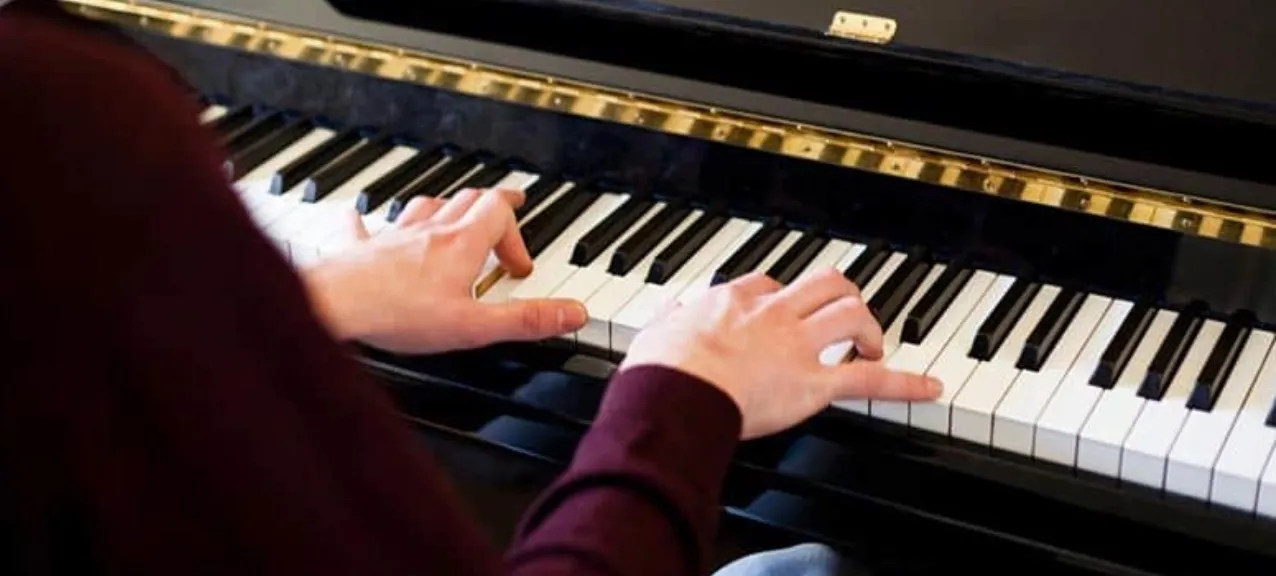

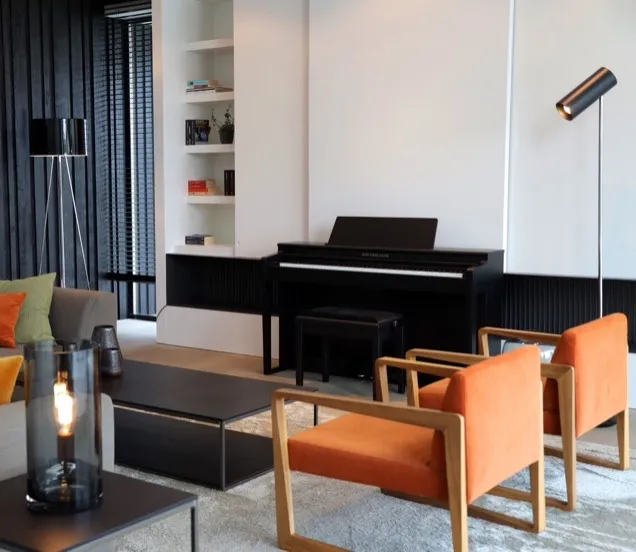
Learning to play the piano in adulthood also offers some additional advantages in the learning process. Adults generally have more focus, patience and perseverance than children, allowing them to learn new things more efficiently. You learn to play the piano because you really want to, there is no one obliging you, and therefore you are highly motivated. You can assess very well which learning methods work best for you and you can more easily transform your own emotions and experiences into musicality. Finally, as an adult you usually have better self-discipline and are already more advanced motorically.
If you want to take a step into the wonderful world of piano, we would like to put you on your way with the following useful tips:
1. Find a piano
Learning to play the piano is, of course, impossible without getting an instrument. If you don't want to make an immediate investment yet, you can start by renting or leasing a piano. If you wish to purchase an acoustic or digital piano, feel free to drop by one of our stores and let our piano consultants give you the right advice. Of course, you can also try to find your way on your own and browse the full range of instruments on our webshop.

2. Take piano lessons
You can learn to play the piano in several ways. You can go all the way, and enroll yourself in the music academy. You then start from the basics with a combination of weekly piano lessons and solfège. It takes a certain commitment, but you learn to play the piano correctly and get weekly feedback and support. If you like to do it at your own pace, you can also look for a private piano teacher. You can also take on the challenge of learning it all on your own. These days, you can find eelful of online tutorials on YouTube or handy apps like Flowkey or SimplyPiano.
3. Set yourself goals
What do you want to achieve with piano playing? Do you want to play for your own enjoyment? Do you want to learn to play one of your favorite songs or perform for a special occasion. Having a clear and realistic goal in mind will keep you focused and motivated and give you something to work toward.

4. Practice enough
Commit yourself to exercising very regularly. Practicing for 30 minutes daily is much more effective than doing a longer practice session only once a week. If necessary, schedule a specific time to practice and commit yourself to taking a seat at the piano. Commitment is the key to learning to play the piano!
5. Find music you enjoy playing
There is nothing more enjoyable than being able to play music that you love. It doesn't necessarily have to be classical music, but other genres such as pop music or movie music can be very nice as well. The key to enjoying playing is finding music that you love to play. It will motivate you to keep practicing and provide plenty of satisfaction.
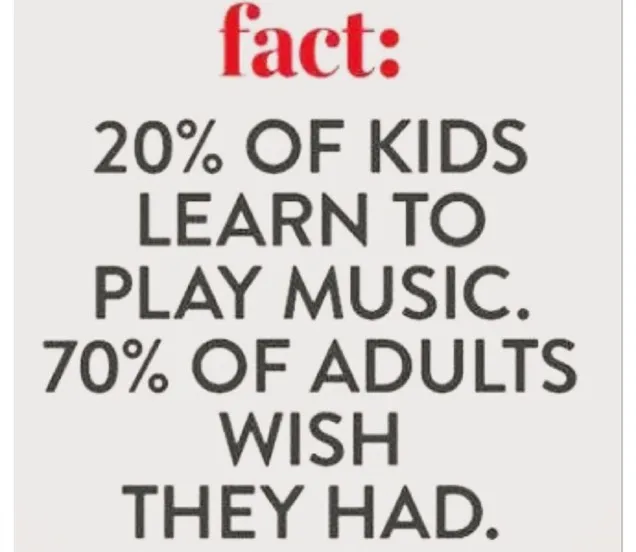
6. Be patient
Take it one step at a time and start with music at your current level. Do not try to play music that is too difficult immediately, as this will only frustrate and discourage you. So set yourself realistic goals.
7. Enjoy it
The most important thing is to enjoy learning and discovering new things. Always remember what piano playing is all about, and that is making music. That way, you will stay motivated and it will make your efforts worthwhile.
Conclusion: you will never know if you don't try! Put aside all excuses and pursue your passion. "FACT: 20% of kids learn to play music. 70% of adults wish they had." You can change that today!

